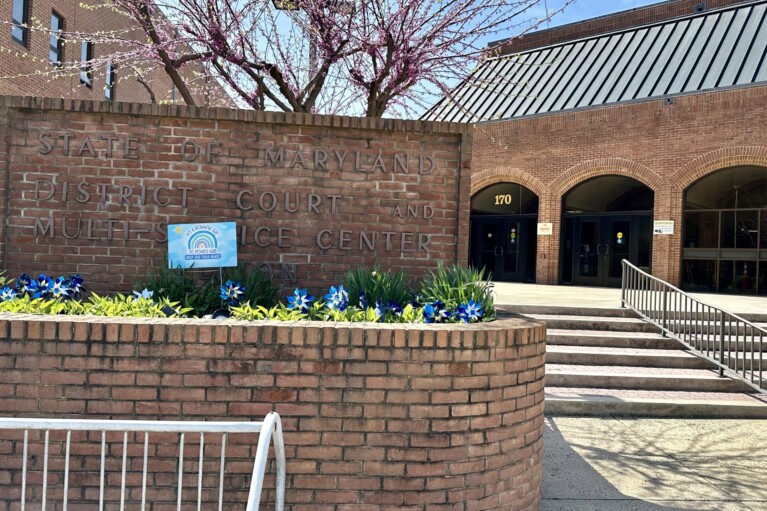Opinion: Lawmakers Are Finally Moving to End Child Interrogation. Let’s Not Stop There

By Rev. Dr. Marlon Tilghman
The writer is the pastor at the Ames United Methodist Church in Bel Air. He is writing on behalf of the Maryland Youth Justice Coalition, a coalition of more than 30 coordinating members all working to improve Maryland’s juvenile justice laws.
Marylanders applaud the bipartisan effort to pass the Child Interrogation Protection Act. The bill would require a child to consult with an attorney prior to being interrogated, require law enforcement to make good faith efforts to notify parents or guardians that their child will be interrogated, and encourage Maryland courts to adopt age-appropriate language for children.
But even now that our state is preparing to push its laws out of the dark ages and into the dawn of common-sense reform, the passing of the omnibus bill remains in limbo. While the house passed the omnibus bill at the end of February, the Senate Judicial Proceedings Committee must act and pass this bill now. Further delay of this passage is unacceptable as the omnibus bill is as needed.
I speak for the Maryland Youth Justice Coalition, a coalition of 30+ coordinating members all working to improve Maryland’s outdated juvenile justice laws, in expressing my support for the omnibus bill.
In addition to speaking out in favor of this package, the coalition is also pursuing the passing of SB165/HB294 which will end automatic charging of youth in adult court. The bill says that children should be tried in juvenile courts first and later waived to adult courts only if deemed necessary by a judge.
Currently in Maryland, a child as young as 14 can be automatically prosecuted in adult courts for as many as 33 offenses. It is quite obvious that a 14-year-old should not even be exposed to the adult justice system.
So, what exactly is in the omnibus bill?
Here are the key points of the package:
Raises the minimum age for court jurisdiction
There is no minimum age for being arrested in Maryland. I have seen cases of children as young as 6 being arrested.
The omnibus reform package would raise the minimum age of juvenile jurisdiction to 13. Studies have shown that kids 12 and younger cannot fully understand trial matters, have poor reasoning and have less ability to be able to recognize relevant legal matters.
Develops appropriate limitations on probation
This bill would also limit the initial sentence of youth probation to a maximum of one year. There are certain exceptions that can increase probation up to three years. It all depends on the child and the charge they face.
Currently, in Maryland, all juvenile probation is indefinite. Longer probation often ends up resulting in more “technical violations,” which lead to kids being further ingrained in the system.
Research has shown that for young people to be successful on probation, they need to have finite goals and timelines so they have something to work toward.
Maryland’s current system with indefinite probation goes against this. It sets children up to re-offend.
Removes barriers to diversion
Under this package, a child who has never been previously adjudicated in the Maryland justice system would have access to diversion. Unless when it is dealing with a violent crime.
For those who don’t know, diversion refers to measures including substance abuse rehabilitation, mental health treatment, mentoring, job training, community service and other measures outside of spending time behind bars.
Diversion promotes a system focused on preventing recidivism and allowing kids to be successful into adulthood.
Bans incarceration for kids who commit low-level offenses
Finally, the omnibus reform package would prohibit the incarceration of kids who have only been charged with a misdemeanor or a technical violation of probation.
This is currently not the case. Before the COVID-19 pandemic, two-thirds of children incarcerated in Maryland were charged with a misdemeanor.
Not incarcerating kids who are charged with a misdemeanor or technical violations allows the state to shift its resources to those young people charged with the most serious offenses and those with the highest risk of reoffending. Maryland spends more per incarcerated child, than 48 other states.
But more importantly, putting kids in jail for low-level offenses puts them at risk of physical and emotional abuse. Maryland can no longer remain one of the worst states at protecting the human rights of children in the juvenile justice system.
We need to be better. The omnibus reform package needs to become law.




 Creative Commons Attribution
Creative Commons Attribution